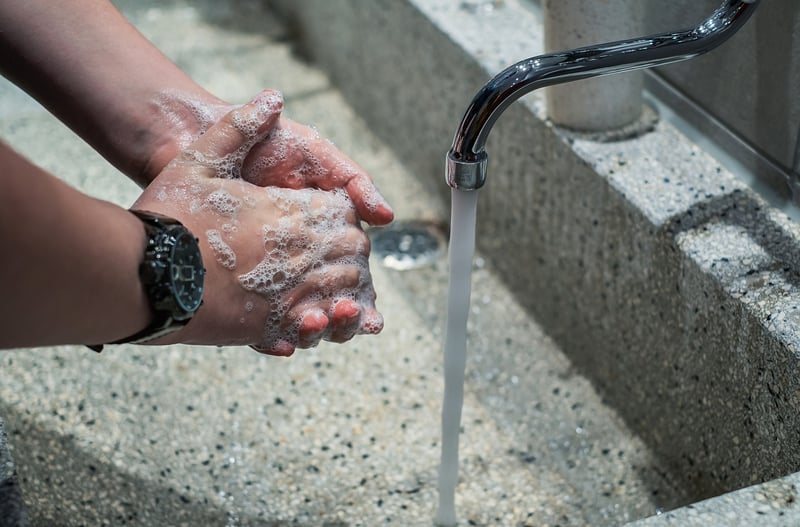Sleep Hygiene Practices
Promote Overall Well-being with Effective Sleep Hygiene Practices

Sleep is crucial for our overall well-being. It plays a vital role in maintaining good physical and mental health. However, in today's fast-paced world, many people struggle with getting quality sleep. By practicing good sleep hygiene, you can improve the quality of your sleep and enhance your overall well-being.
What is Sleep Hygiene?
Sleep hygiene refers to a set of healthy sleep habits that can improve your ability to fall asleep and stay asleep. By incorporating these practices into your daily routine, you can create an environment that promotes better sleep.
Effective Sleep Hygiene Practices:
- A consistent sleep schedule: Go to bed and wake up at the same time every day, even on weekends.
- Create a relaxing bedtime routine: Engage in calming activities before bed, such as reading or taking a warm bath.
- Avoid stimulants: Limit caffeine and nicotine intake, especially in the hours leading up to bedtime.
- Create a comfortable sleep environment: Keep your bedroom dark, quiet, and at a cool temperature.
- Avoid screens before bed: The blue light emitted by screens can disrupt your sleep, so try to avoid screens at least an hour before bedtime.
- Limit daytime naps: If you need to nap, keep it short (around 20-30 minutes) and avoid napping late in the day.
- Stay active: Regular exercise can help improve the quality of your sleep.
Benefits of Good Sleep Hygiene:
Practicing good sleep hygiene can have numerous benefits, including:
- Improved mood and mental well-being
- Increased alertness and productivity
- Enhanced memory and cognitive function
- Stronger immune system
- Reduced risk of chronic diseases
By adopting these sleep hygiene practices, you can prioritize your sleep health and reap the benefits of a good night's rest. Remember, quality sleep is essential for a healthy body and mind!
Image Source: Pixabay
